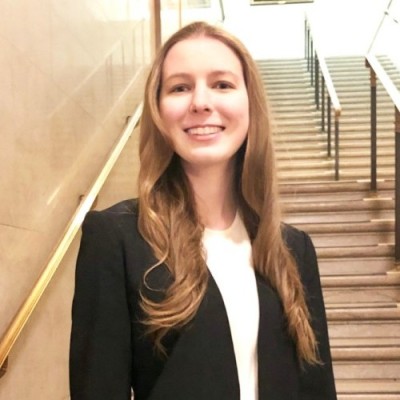
Scientific Update – Radiation-releasing “seeds” may slow cholangiocarcinoma growth by inhibiting VEGFR2 singling
External radiation has been used to treat cancer for many years, but recent technological advances have led to a new form of radiation from implanted iodine 125 (125I) “seeds.” This new approach is advantageous since it allows high doses of targeted radiation with minimal damage to surrounding tissues while being more convenient for patients than frequent external radiation.
Studies have found promising results for 125I therapy in cholangiocarcinoma, but little is known about its therapeutic mechanisms. A recent study thus aimed to elucidate how 125I can slow cholangiocarcinoma growth. To begin, the authors showed that 125I reduced the growth of cholangiocarcinoma cell lines in vitro with dose-dependent effects. They also showed that 125I treatment inhibited cell migration and invasion while promoting apoptosis, a form of cell death.
Providing mechanistic insights, the study found that 125I treatment decreased VEGFR2 and AKT phosphorylation-an indicator of VEGFR2/PI3K/AKT signaling pathway inhibition. This pathway promotes tumor growth, so its inhibition is therapeutically beneficial. Confirming the importance of VEGFR2 in 125I response, overexpression of VEGFR2 decreased the tumor growth-inhibiting effects of 125I treatment.
The study also found that 125I treatment led to changes in cellular proteins involved in cell death. The pro-apoptotic protein bax was upregulated, while there were lower levels of the apoptosis-inhibitor bcl-2. These findings add strong mechanistic insights into how 125I treatment can slow cholangiocarcinoma growth, paving the road for more optimized use of this novel radiation treatment in cholangiocarcinoma and other tumor types.
Reference: Luo J, Zheng J, Yao H, Wang B, Zhang Z, Shao G. Radioactive 125I Seed Inhibits Cell Migration and Invasion and Promotes Apoptosis by Inactivating the VEGFR2 Signaling Pathway in Cholangiocarcinoma. Dose-Response. 2023;21(3). doi:10.1177/15593258231187348

Kelly Butler is an NIH Postbac Research Fellow and the Founding Director of SAFE